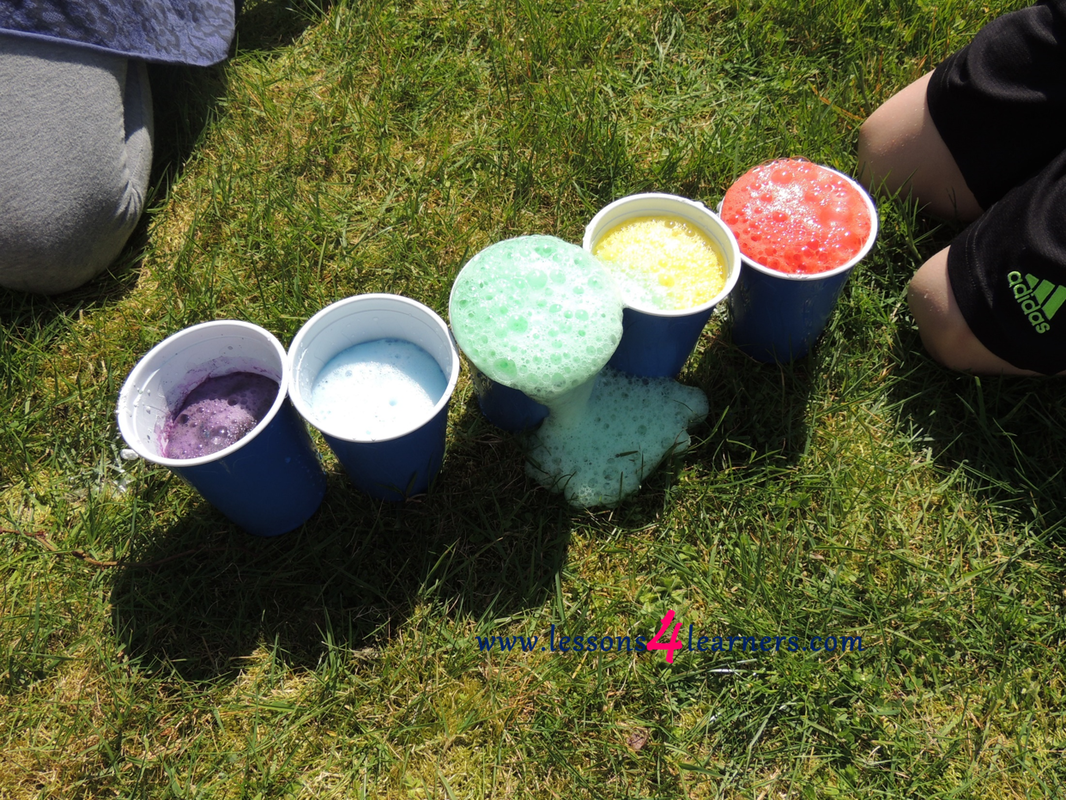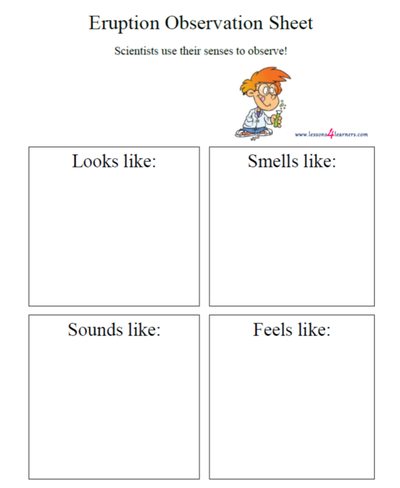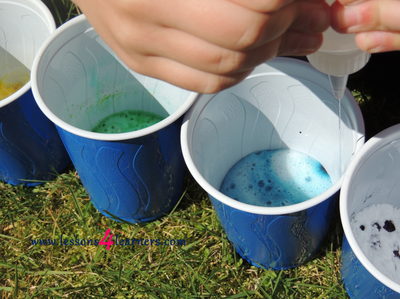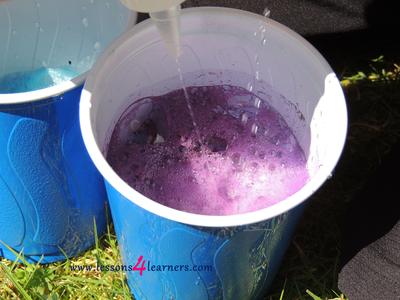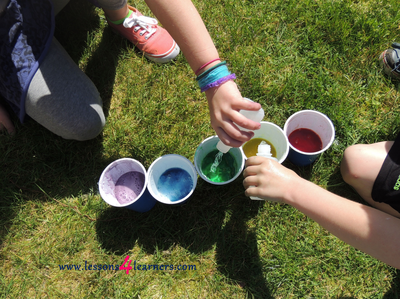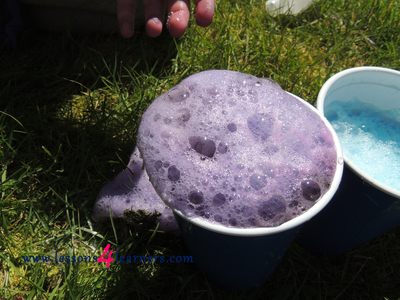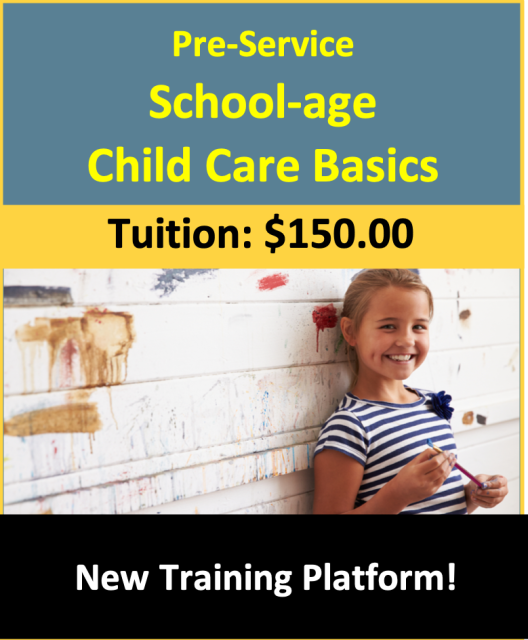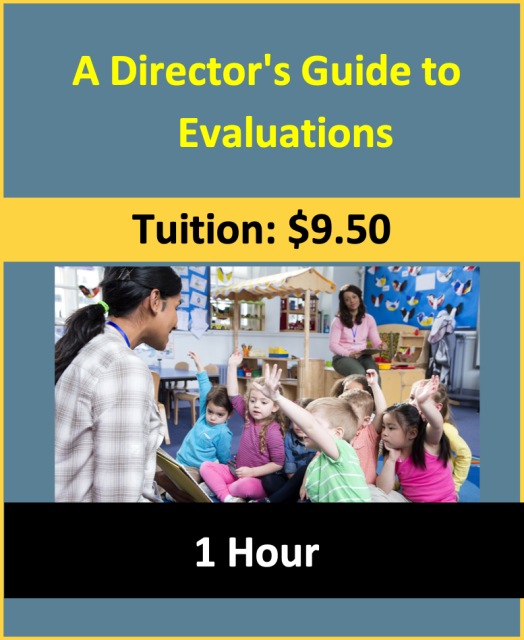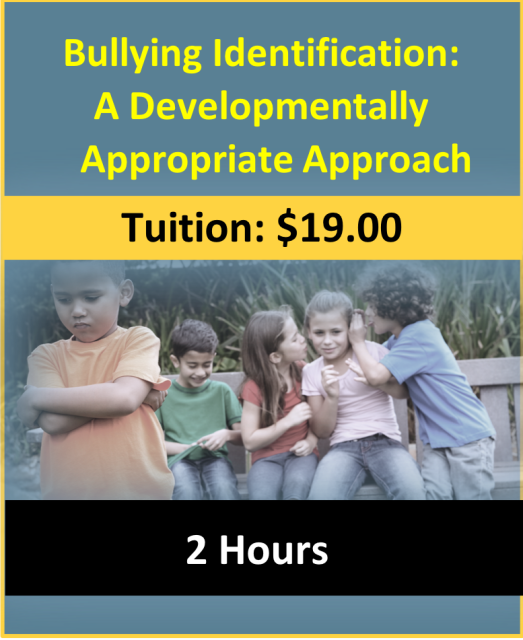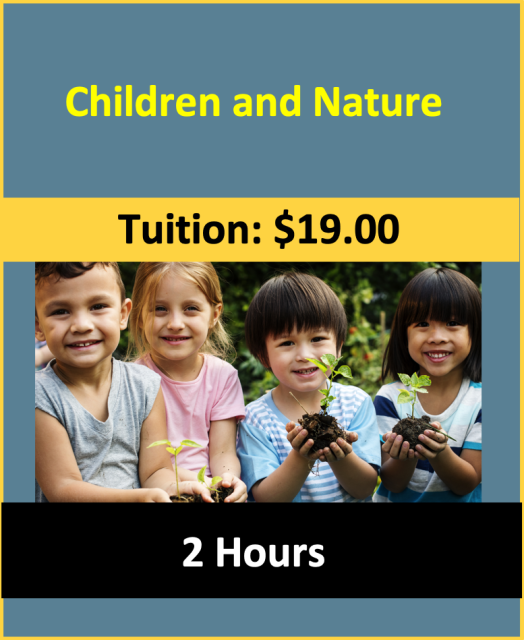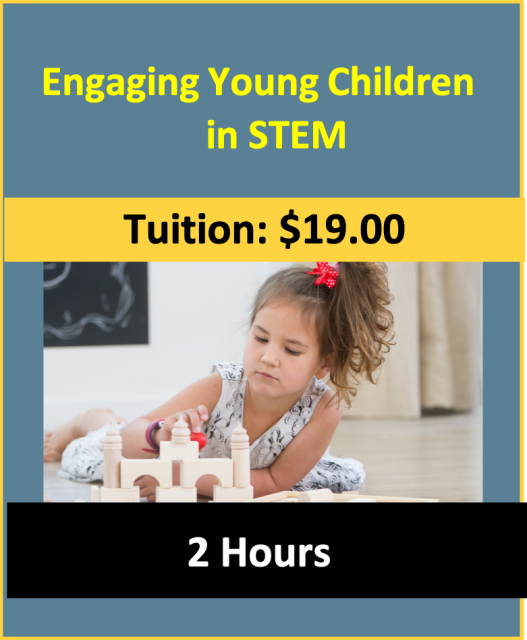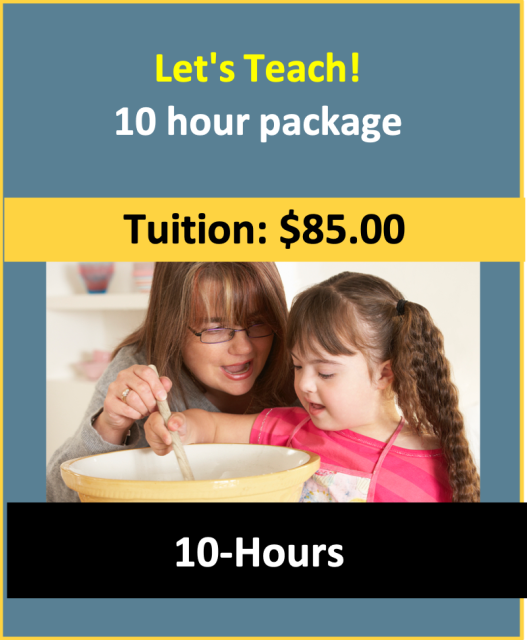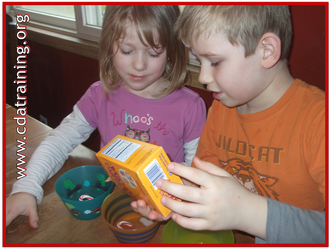Rainbow Eruptions
Lesson Plan:Activity:
Rainbow Eruptions
Lesson plan developed by Ms. Erika Geelhoed, BA Ed
Age Group:
* Lesson plan objective and assessment can be adapted to use this activity with preschoolers.
Objectives:
Child will
EALR 2
EALR 2: Inquiry
Big Idea: Inquiry (INQ) Core Content: Making Observations · K-1 INQF Intellectual Honesty: o All scientific observations must be reported honestly and accurately. |
|
Click on the photos to enlarge.
|
Materials:
Procedure:
Prepare activity by combining equal parts baking soda and Kool-Aid in a small cup. Do this for each color of the rainbow. Pour vinegar into squeezy bottle (one for each student). Set up the cups in the correct order and provide students with an observation sheet and colored pencils to draw/record their observations. Have one student squeeze vinegar onto a cup. In between each eruption, give students a few moments to record their findings. Repeat the process with each of the cups.
Assessment:
Review the students’ observation sheets. Offer students the opportunity to share them with their classmates. This will encourage class discussion and extend the lesson. You can also turn the pages into a class book. This is a great way to promote self-confidence in your students. It also encourages them to go back and revisit the activity and remember what they did.
Click here to print Eruption Observation Sheet |
Click on the course icon for enrollment information.
Problem-Solving Skills
|
Problem-solving skills can be defined as “the ability to analyze a situation and then form a workable solution.” The
development of problem-solving skills is a step-by-step developmental process. As children grow and develop, their ability to solve problems will also develop. Well-developed problem-solving
skills are important for a wide variety of reasons. First, they are important for real life!
Every day both adults and children must solve problems. The ability to approach a problem with an “I can” attitude begins early on. By helping children discover that they can figure things out, you encourage a strong belief in their own abilities. In addition, well-developed problem-solving skills are important for future learning in math, science, and social studies. |
Problem-solving skills need to be introduced and reinforced through a wide variety of hand-son, developmentally appropriate activities. Science experiments are a great way to encourage problem-solving skills. There are many different materials and activities that can be utilized to help young children develop problem-solving skills. As you begin to develop activities for your children, keep in mind that children of the same chronological age often function on many different developmental levels. You must observe each child carefully to see how you can adapt the activity to meet individual needs. Start with simple activities and then move to more complex ones.
